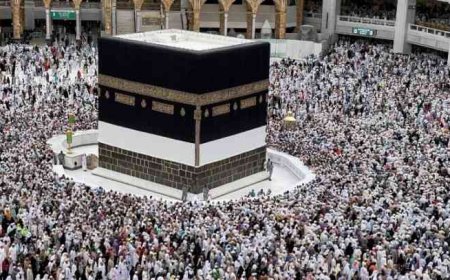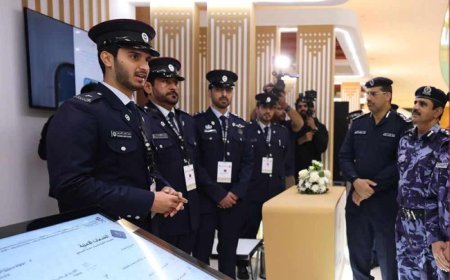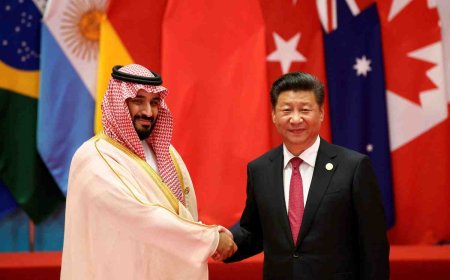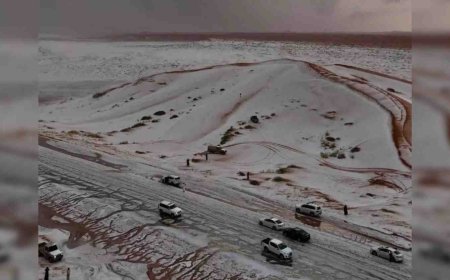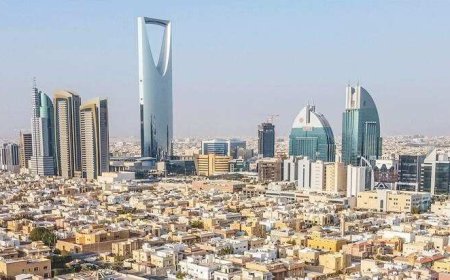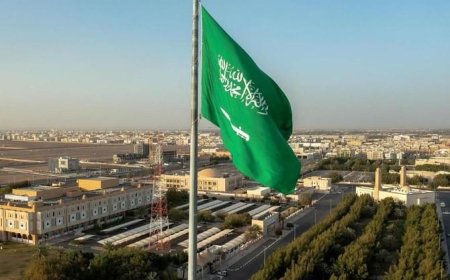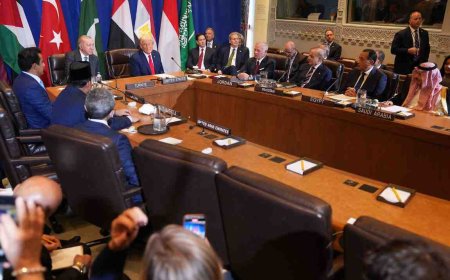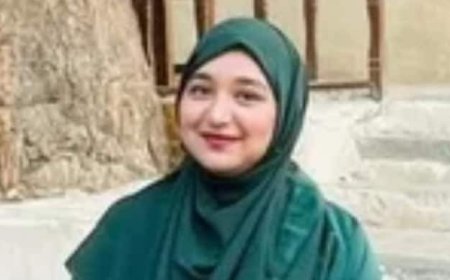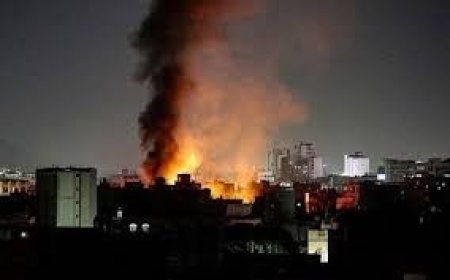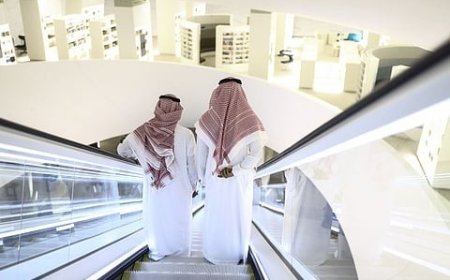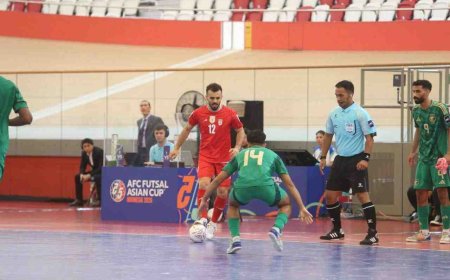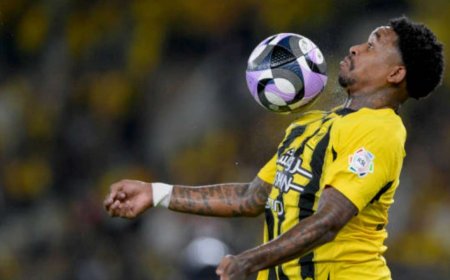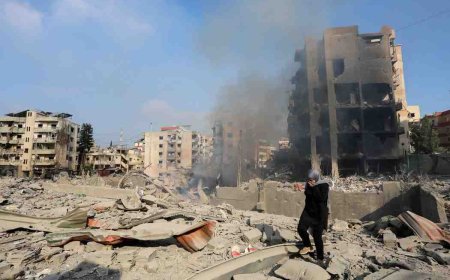Israel Airstrike in Doha Kills Hamas Officials, Sparks Global Outcry, and Derails Fragile Ceasefire Efforts
Israel carried out an airstrike in Doha targeting Hamas officials, resulting in multiple deaths. The unprecedented attack drew widespread global condemnation and significantly heightened regional tensions. The strike also disrupted fragile ceasefire negotiations, raising fears of renewed escalation in the ongoing conflict.
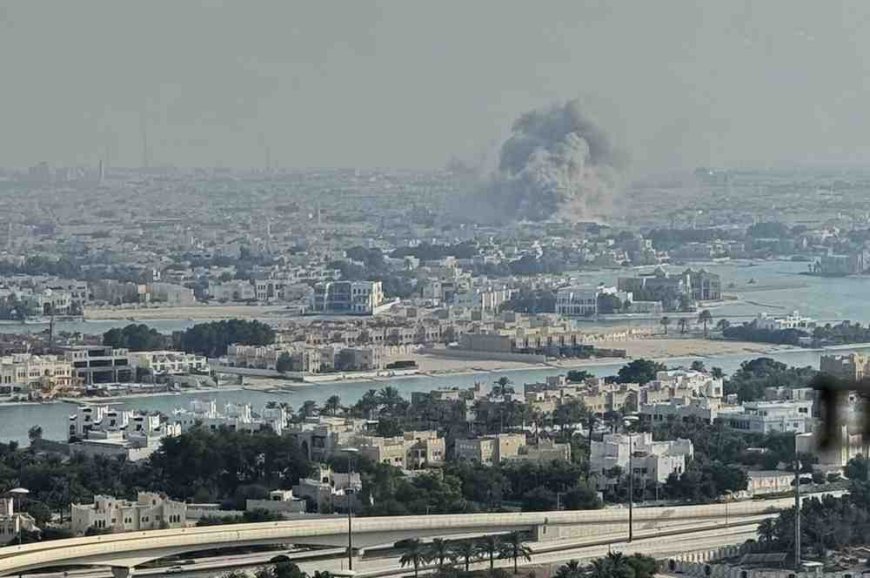
Israel Airstrike in Doha Kills Hamas Leaders, Shatters Ceasefire Talks
On September 9, 2025, Israel launched a targeted attack on a residential complex in Doha, Qatar, causing a dramatic escalation that shocked the Middle East. The strike, which killed many high-ranking Hamas officials and a Qatari security officer, caused a firestorm of international anger and damaged the already uncertain cease-fire negotiations in Gaza.
The strike represents a significant extension of Israel's campaign against Hamas, since it directly targets the group's senior leadership in a sovereign nation that has served as a key mediator in the long-running conflict. Diplomats are trying to salvage talks on peace in the aftermath, creating serious concerns about regional stability.
The Target: A Hamas Meeting Amid Ceasefire Deliberations
According to Israeli intelligence, the airstrike was a specific operation that targeted an assembly of senior Hamas officials. These officials were allegedly meeting to discuss a US-backed cease-fire plan and a potential exchange of hostages arrangement.
- Hamas confirmed that the strike killed six persons, including:
- The son of Khalil al-Hayya, a senior Hamas political leader and essential negotiator.
- An assistant of al-Hayya.
- Four more Hamas members.
- A Qatari security officer was stationed in the location.
Crucially, Hamas reported that its most senior commanders, including al-Hayya, had survived the strike. The organization described the strike as a deliberate Israeli attempt to derail the ongoing peace talks.
Israel’s Justification: Retaliation and “Necessary” Action
Israeli Prime Minister Benjamin Netanyahu's government quickly accepted full responsibility for the operation, seeing it as an essential act of self-defense. In a public speech, Netanyahu defended the action by referencing prior Hamas-led attacks, such as gunshots in Jerusalem and an event in Gaza that killed four Israeli troops.
"We are going to track down Hamas terrorists wherever they are. The Prime Minister's office stated that this was a proper step against individuals planning to murder Israelis. Despite its unexpected location remote from conventional war zones, the administration presented the operation as self-sufficient and critical to national security.
Qatar’s Furious Response and the Future of Mediation
Qatar's reaction was quick and severe. Emir Sheikh Tamim bin Hamad Al Thani criticized the event as a "reckless and flagrant violation of Qatar's sovereignty" and an act of "state terrorism." Qatari Prime Minister Sheikh Mohammed bin Abdulrahman al-Thani confirmed this position, providing an important detail that increased tensions:US authorities only notified Qatar of the strike 10 minutes after it launched.
The prime minister classified the delayed warning as "100 percent treacherous" and announced that Qatar is forming a legal team to seek international accountability for the violation. Despite this, he highlighted Qatar's commitment to its mediation role, saying it "will not be deterred," giving diplomatic channels an indication of hope.
A Wave of Global Condemnation
The globe community responded with near-universal protest, viewing the strike as a dangerous escalation that violated international law.
- United Nations Secretary-General António Guterres slammed the "flagrant violation of international law and the sovereignty of the State of Qatar."
- Former President Donald Trump criticized the operation on Truth Social, saying it "does not advance Israel or America's goals" and repeating the United States' relationship with Qatar.
- United Kingdom Prime Minister Keir Starmer described it as a clear violation of sovereignty and demanded an immediate ceasefire, prisoner release, and greater help to Gaza.
- France: President Emmanuel Macron denounced the attack as "unacceptable" and expressed complete solidarity with Qatar.
-
Regional Powers: Saudi Arabia, the UAE, Egypt, Turkey, Iran, and Jordan thoroughly criticized the behavior, saying that it endangered regional security and stability.
-
European Union: The EU warned of further escalation and expressed empathy with Qatar while also asking for an immediate return to ceasefire talks.
The consensus was clear: the strike had crossed a red line, damaging Israel's diplomatic standing and isolating it further on the world stage.
Ceasefire Prospects Shattered, Gaza Suffering Continues
The Doha strike had an immediate impact on the diplomatic process. The momentum toward a ceasefire collapsed overnight, destroying the hopes of relatives of Israeli hostages in Gaza and Palestinians anxious for an end to the violence.
On the same day of the strike, the Israeli attack on Gaza continued unabated, killing hundreds more Palestinians, including those seeking humanitarian relief. The humanitarian crisis grows by the day, with relief organizations trying to operate amid the ongoing fighting.
The UN Security Council has called an emergency session to discuss the issue, and Qatar is using its legal and diplomatic resources in response. The route forward is unclear and filled with rage and suspicion.
Conclusion: A Region on the Brink
Israel's attack in Doha marks a dangerous new chapter in the Israel-Hamas war. Israel has delivered a tactical strike at a significant strategic cost by expanding its military operations into the heart of a mediating nation. The assassination of a Qatari officer and the breach of a major US partner's sovereignty have generated global criticism while also damaging the very frameworks used to de-escalate tensions in the region.
The aftermath has left an atmosphere of shattered diplomacy, increased violence, and heightened regional tension. The world is now waiting to see if any side will reassemble the broken pieces of peace negotiations before the crisis escalates out of hand.
What's Your Reaction?







